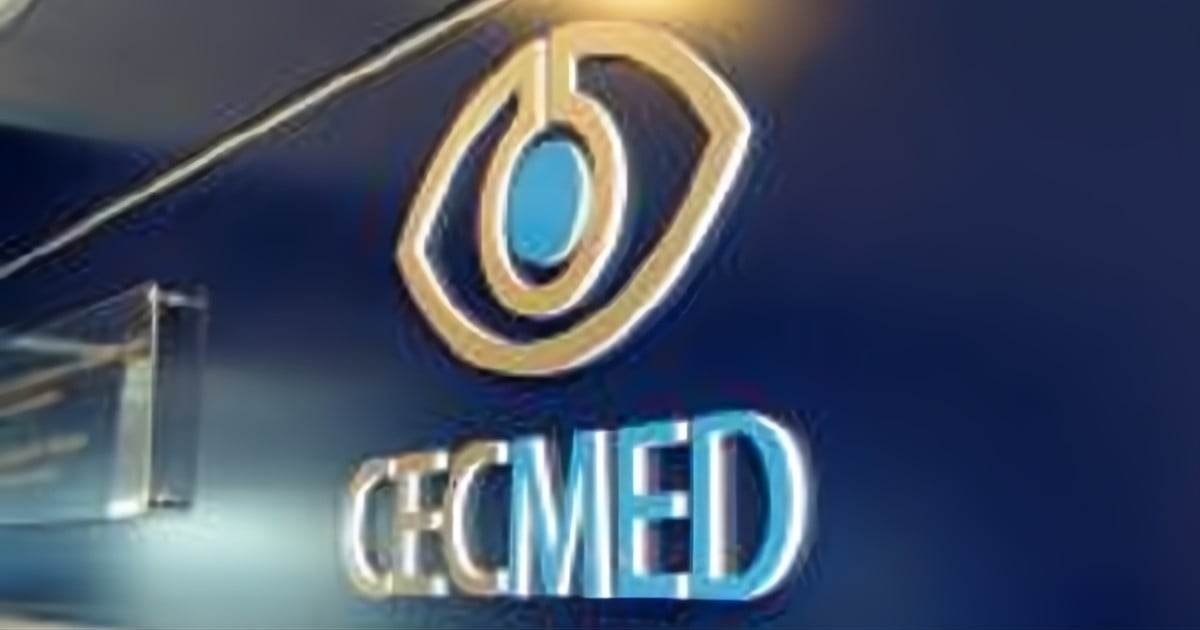The Center for State Control of Medicines, Equipment, and Medical Devices (CECMED) has issued a warning regarding the circulation of several counterfeit medications in Cuba. The severe drug shortage in the country has facilitated the spread of adulterated pharmaceuticals. This has sparked widespread concern, particularly among those relying on consistent treatment for chronic conditions.
Through its social media channels, CECMED has highlighted the following counterfeit products currently in circulation:
- TIOCTAN PLUS box of 100 coated tablets (Lot: 20821692)
- OXYDONNA 20 mg, box of 30 extended-release coated tablets (Lots: 20467072 - immediate packaging / 11058698 - secondary packaging)
- ZATRIX 0.5 mg, blister pack of 10 tablets (Lot: 11037469)
- BRONPAX 7.5 mg, oral solution drops, box with one bottle (Lot: 21185882)
- DORMEX 7.5 mg, blister pack of 10 coated tablets (Lot: 20467112)
CECMED also advised the public against purchasing specific lots of DOLO NEUROBION NF (capsules) and DOLO NEUROBION FORTE (injectable solution). The origin, manufacturing, and storage conditions of these medications are unknown, which could compromise their quality, safety, and effectiveness.
Similarly, Peru's General Directorate of Medicines, Supplies, and Drugs has issued an alert about these counterfeit products:
- DOLO NEUROBION NF Capsule with identified lot number 2110173, imported, but with an expiration date not matching the lot.
- DOLO NEUROBION FORTE injectable solution, lot number M28568, neither imported nor marketed by the holder of the health registry.
These drugs have been deemed counterfeit, and health authorities recommend avoiding their purchase due to unknown origins and uncertain manufacturing and storage conditions, which jeopardize their safety and effectiveness.
CECMED has urged healthcare professionals to report any encounters with these products or any adverse reactions associated with their use via email at vigilancia@cecmed.cu or by calling 72164372, 72164352, and 72164136.
Previous Alerts Highlight a Persistent Issue
This is not the first time alerts have been issued about counterfeit medications circulating in Cuba. Back in August 2024, CECMED warned of adulterated drugs being sold, noting the presence of products lacking quality and safety assurance for consumers.
Earlier, in November 2022, health authorities also raised alarms about the sale of counterfeit medications, citing unregulated products in the black market. These recurring situations underscore an ongoing problem tied to the shortage of medical supplies in the country.
The Cuban government, in response to the crisis, had previously allowed the duty-free and unlimited importation of medicines to mitigate the shortage. However, this move has inadvertently opened the door to potentially "false" drugs or those misrepresented for different conditions.
International organizations have consistently warned about the dangers of counterfeit medications and the urgent need to strengthen control mechanisms to curtail their spread. These irregularities pose significant health risks, as patients may not receive appropriate treatment or could experience severe adverse effects.
Understanding the Threat of Counterfeit Medications in Cuba
What are the risks associated with counterfeit medications?
Counterfeit medications can pose serious health risks, as they may contain incorrect ingredients or dosages, leading to ineffective treatment or harmful side effects.
How can consumers identify counterfeit medications?
Consumers can look for unusual packaging, missing information, or discrepancies in labeling. Consulting healthcare professionals for verification is also recommended.
What actions are being taken to combat counterfeit drugs in Cuba?
Authorities have issued alerts and are urging healthcare professionals to report suspicious products. Efforts to improve regulatory oversight and import controls are also underway.
